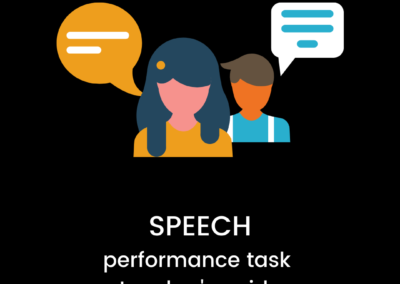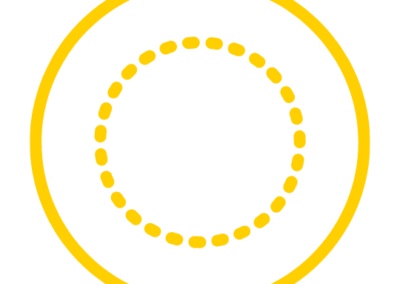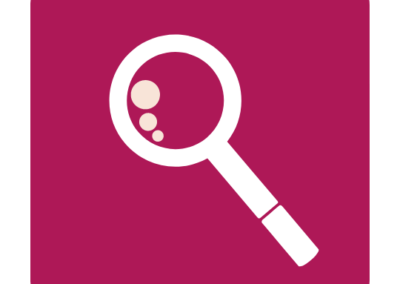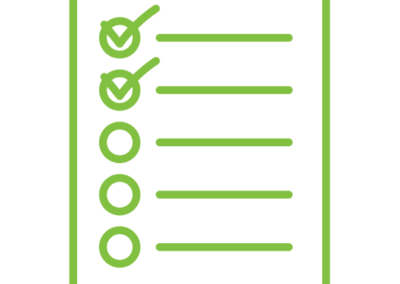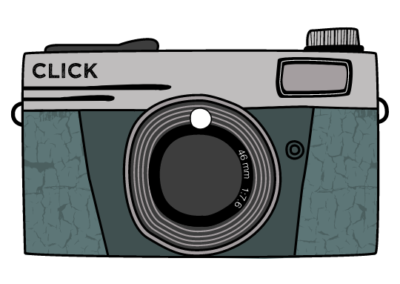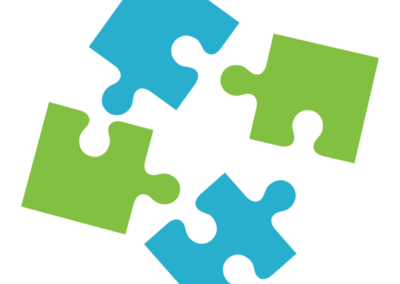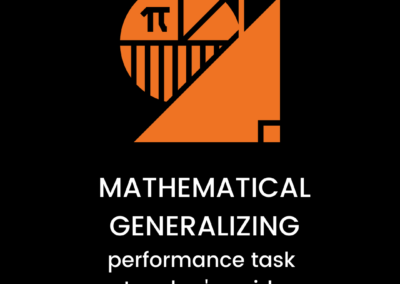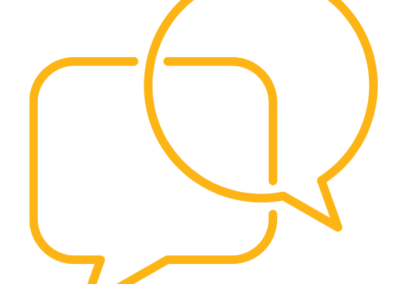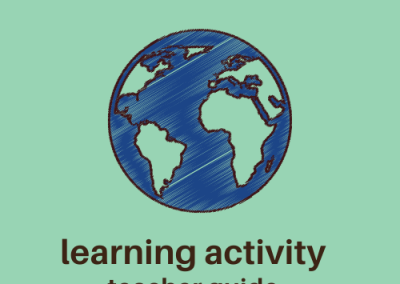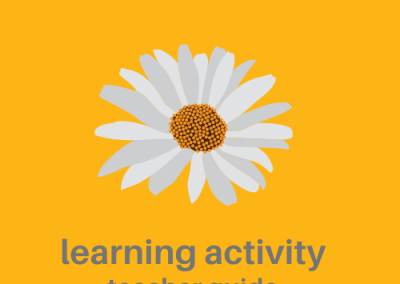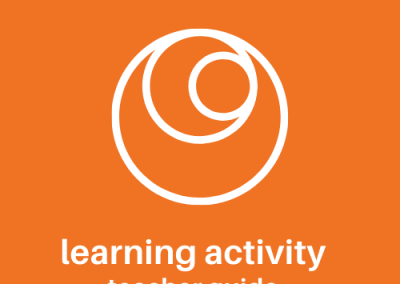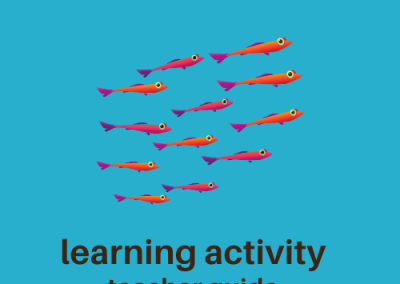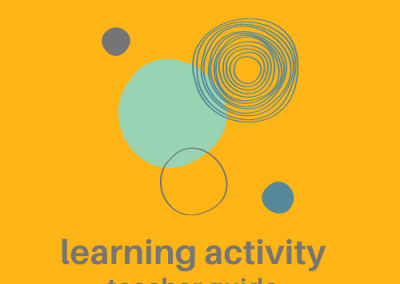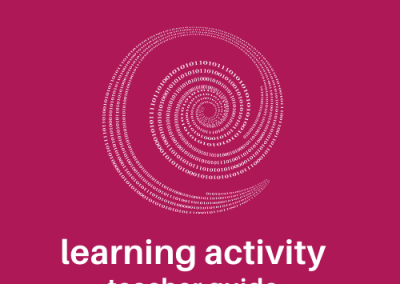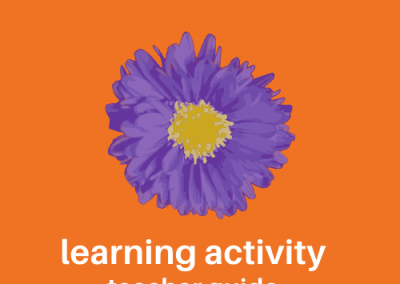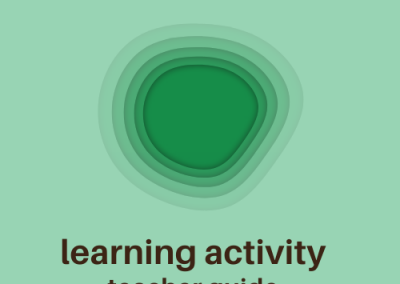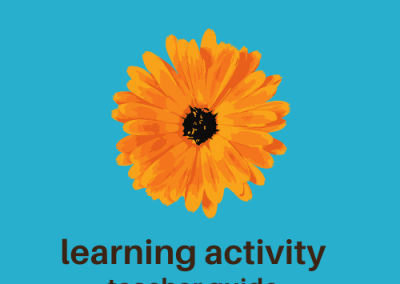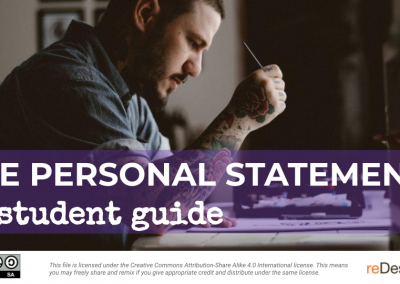Town Hall Circle
Preparation
- Select a topic.
- Select four to six readings on the same topic representing different perspectives.
- Divide the class into four to six groups (depending on the number of readings).
Activity Steps
1
Introduce Town Hall Circle.
Introduce the activity by talking about town hall meetings. They are popular forums in presidential elections. You could share a clip of a video of a town hall forum. They typically are diverse groups with varying opinions. The ultimate purpose is to provide a cross section of the American public. This is a good foundation for talking about perspective. Explain that the goal of the participant is to make their point and convince the group of their position.
2
Assign readings.
Each group is assigned a different reading. Depending on your students, you may want them to read independently or aloud together as a group.
3
Conduct group discussions.
After reading the text, students discuss the readings.
- What were the main ideas and facts presented?
- Why are these ideas relevant or important?
- Whose perspective dominates this text?
- Whose perspectives and voices are missing? Why?
One group member records the summary the group writes together.
4
Set up Town Hall.
Arrange the classroom with chairs in a circle with one chair per group.
5
Summarize Town Hall discussions.
One member from each group will sit in the circle and summarize for the other groups.
6
Share Town Hall comments and questions.
After the summaries have all been shared, students will rotate in and out of the circle to participate in the discussion. The only way to enter or leave the discussion is to tap the member of the group inside the circle.
7
Debrief.
After the discussion give students an opportunity to reflect individually or as a group.
- What did you learn from this activity?
- How did your ideas about the topic change during the discussion?
- How was perspective evident in the discussion?
- How did this format for discussion help you learn more about the topic?
- How did this discussion help you learn more about your own thinking and/or learning?
Support your answers with evidence from the discussion.

